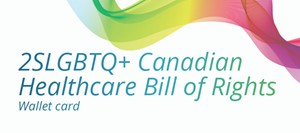Why inclusivity matters
Inclusivity isn’t simply about including “others” or “special groups.” It’s about welcoming everyone. It’s not just for “them,” whether “they” are Two-Spirit & LGBTQ+ or people of colour, but for all of us. Inclusive healthcare accepts and welcomes you as you are.
If your experiences, needs, and preferences are recognized and supported, you’re more likely to feel comfortable and confident about freely expressing all parts of yourself when seeking or receiving healthcare. A genuine and trusting relationship with your healthcare provider can ensure that you receive the best possible care.
Although there have been positive changes, it wasn’t that long ago that homosexuality was against the law, and 2SLGBTQ+ people were diagnosed as mentally ill. Many 2SLGBTQ+ people still remember this time.
“I started exploring my duality at about 7 ½-8 years of age. This was in the ’50s when it was considered abnormal and the punishments were harsh and physical. At age 14 ½, I was sent to a psychiatric centre where I was threatened with shock treatment or a lobotomy.”
While 2SLGBTQ+ people are no longer seen as criminals or mentally ill, if you identify as a trans person, you may be labelled as having “gender dysphoria.” If you’re an LGBTQ+ person who is a refugee or immigrant, you may have come from a place where you lived with threats to your health or life.
Some acts of discrimination are obvious, and others aren’t. For example:
- Being placed lower on a priority list, having to wait longer for care, or being denied service.
- Having your concerns or wishes dismissed because of your gender identity or expression or sexual orientation (e.g., being misgendered; having a partner called your “friend”).
- Being shamed about your appearance or behaviour (e.g., grooming or dress; substance use; working in the sex trade).
- Being ‘outed.’
- Having to repeatedly explain or answer questions about your personal history, appearance, or life choices.
Read more
“I felt empowered. There was a safety net beneath us the whole time. I asked so many questions and they answered all of them.”
Recognizing sources of discrimination is an essential part of 2SLGBTQ+ inclusive healthcare. Especially when you’re living with an advanced illness, good care depends on healthcare providers being able to identify your risks and challenges, as well as your supports and strengths.
For you to confidently share information and take part in making decisions about your care, you need to know that the people you rely on for care accept and respect you, your choices, and other people who are important to you.
Negative experiences with care providers may have led you to avoid seeking care, but if you’re now living with advanced illness, you may find it helpful to know about 2SLGBTQ+ inclusive care and how it can make a difference to your health and well-being.
Care providers who recognize and acknowledge the effects of discrimination on your life are more able to meet your unique needs.
Read more
As a 2SLGBTQ+ person, you are more than your gender identity or expression or your sexual orientation. Who you are is made up of many parts, such as your age, ethnicity, religious or other beliefs, education, physical and mental abilities, and general health. Other important factors include what language(s) you speak, where you live, and how financially secure you are.
“The first time I went to a health centre, the police frisked me. They took me to a room with plastic couches and I waited there for 45 minutes with police outside the door. It was super intimidating especially as a queer and Indigenous person.”
Inclusive healthcare sees and responds to you as a whole person, not simply as someone who is “gay” or “trans.” This means understanding how you might be different from another 2SLGBTQ+ person because of how your experiences of homophobia, biphobia, or transphobia have intersected with other forms of discrimination and oppression, such as racism, sexism, ageism, or ableism.
Inclusive healthcare looks at each person as a whole, acknowledging the physical, mental, emotional, and spiritual parts of their being. Inclusivity also means acknowledging strengths and resilience.
Despite past and ongoing challenges that you may have faced, you’ve not only survived, but you may have found ways to thrive and grow. This may be especially true if you’re part of a 2SLGBTQ+ community that has created networks of support, care, and advocacy.
Inclusivity isn’t about treating everyone as “the same.” It’s about providing equal access to opportunities and resources for people who might otherwise be excluded. You’re not the same as someone who doesn’t identify as 2SLGBTQ+; you’re not the same as another 2SLGBTQ+ person. You are uniquely you.
Videos
More Articles

Leaving a legacy
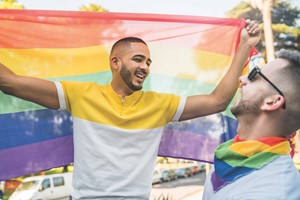
What does "2SLGBTQ+" mean?

Managing difficult situations

Planning ahead: Your wishes

How to be an ally
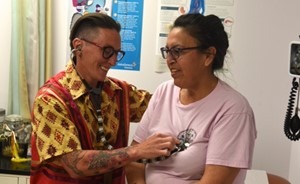
How to provide inclusive care to Two-Spirit & LGBTQ+ people
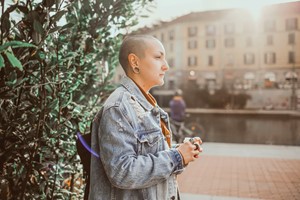
Getting the care that you need

About your grief

Choosing a healthcare advocate

Finding 2SLGBTQ inclusive care

Making an advance care plan

Choosing a financial advocate

Making a will

Finding inclusive continuing care

For family, friends, and unpaid caregivers

Canadian Healthcare Bill of Rights

My Choices for Safe and Inclusive Healthcare
Featured Content

2SLGBTQ+ Canadian Healthcare Bill of Rights
Read More
MyGrief.ca Module - Grief in 2SLGBTQ+ communities
Read More
My Choices for Safe and Inclusive Healthcare
Read More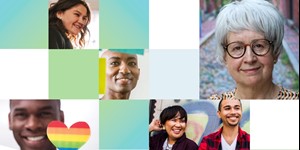
Planning for My Care
Read More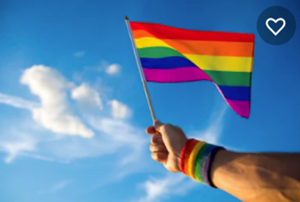
2SLGBTQ+ Knowledge Synthesis
Read More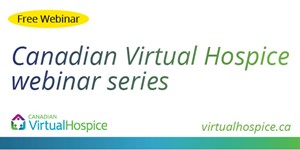
Webinar: Improving access to respectful & inclusive care.
Read More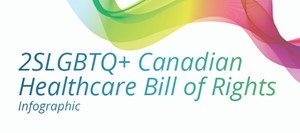
2SLGBTQ+ Canadian Healthcare Bill of Rights Infographic
Read More